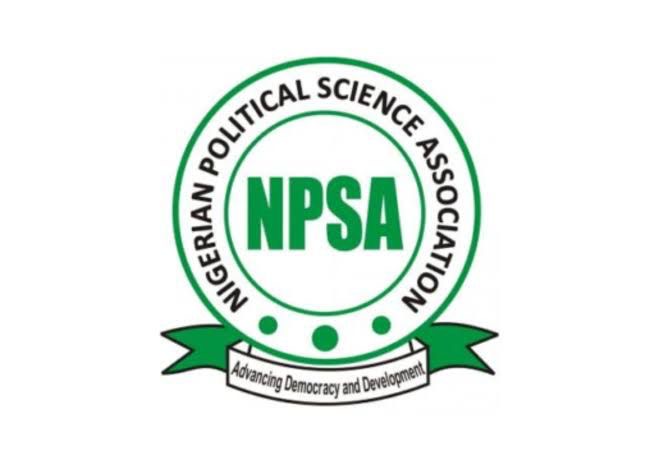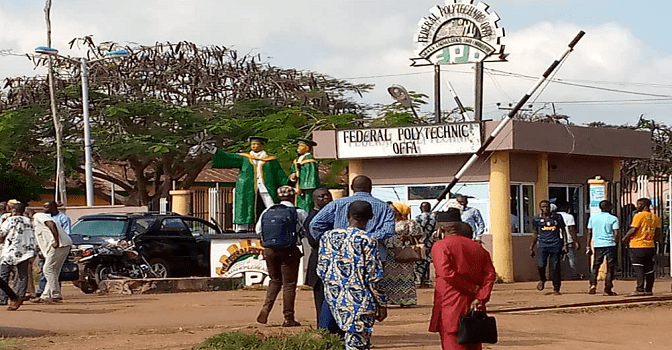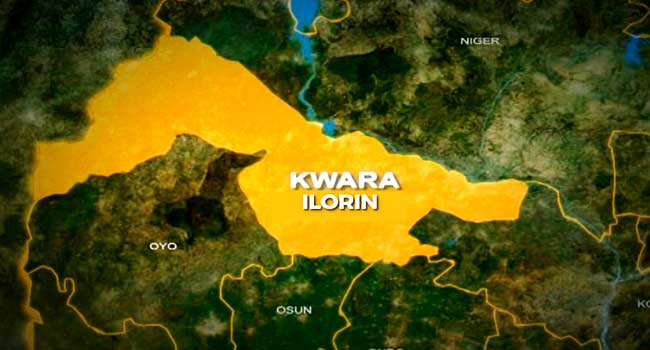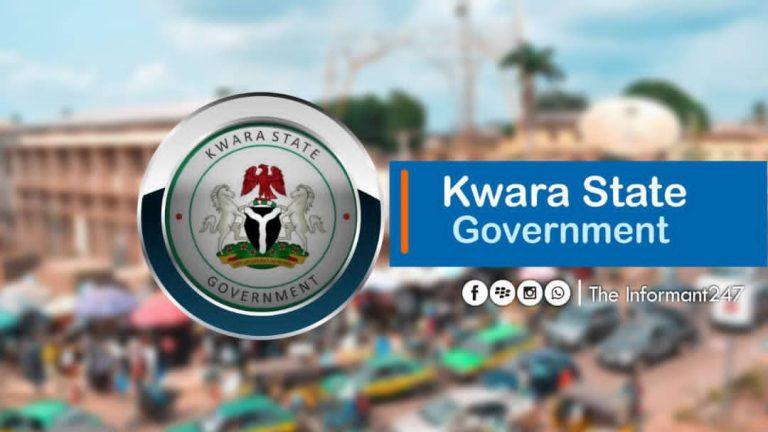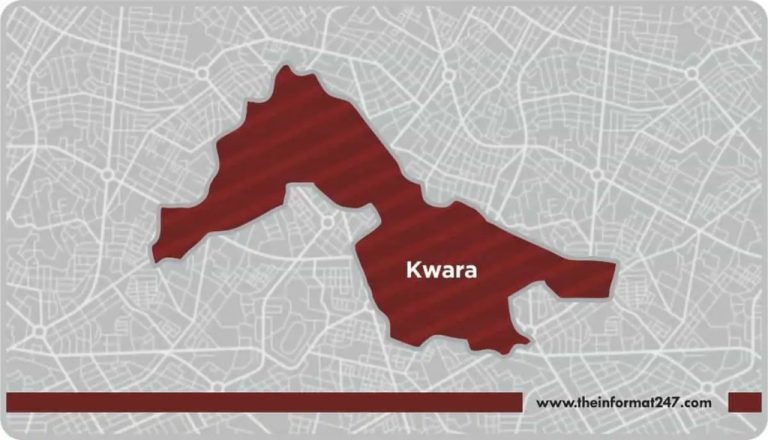26 years after return to civil rule, democracy still fragile — NPSA
As Nigeria marks another Democracy Day, the Nigerian Political Science Association (NPSA) has issued a sobering reflection on the country’s democratic trajectory, warning that while Nigeria’s democratic system has not collapsed, it is increasingly failing to meet the expectations and needs of its citizens.
In a press statement signed by the association’s President, Professor Hassan A. Saliu, the NPSA noted that 26 years after the return to civil rule in 1999, the country is yet to achieve true democratic consolidation.
According to the association, democratic consolidation refers to the stage where democracy becomes the only accepted form of governance among citizens, with no consideration or appetite for alternative systems. Unfortunately, the current political and civic realities in Nigeria suggest that this ideal remains out of reach.
The statement highlights critical areas where Nigeria’s democracy is faltering. Among these are the persistent questions surrounding the credibility of elections, the lack of regular power alternation between parties, and declining voter turnout. The NPSA observed that while multiple elections have been held since 1999, many have been marred by litigation and allegations of rigging, drawing the judiciary into the political fray and eroding public confidence in the electoral and judicial systems. The 2015 general election was noted as a rare exception where the presidential results were not contested in court, though even then, the opposition harbored strong doubts about the fairness of the process.
The association also expressed concern about the infrequency of opposition victories, pointing out that only once—when Muhammadu Buhari of the All Progressives Congress (APC) defeated Goodluck Jonathan of the Peoples Democratic Party (PDP) in 2015—has power changed hands through the ballot box at the presidential level. The ruling APC’s recent posture, particularly its “no-vacancy-in-Aso-Rock” stance ahead of the 2027 elections, and the crises within opposition parties, raise fears of an uncompetitive political landscape.
Even more troubling, according to the NPSA, is the steady decline in voter turnout. From a participation rate of 52.3 percent in 1999, turnout dropped to 34.75 percent in 2019 and plummeted to an all-time low of 26.7 percent in the 2023 presidential election. This, the association said, means a minority of citizens are now deciding the leadership of the entire country—a dangerous trend for any democracy.
The NPSA attributed these failings to a combination of factors, including the autocratic tendencies of political elites, rampant corruption, lack of commitment to governance centered on the people, and the growing influence of external economic prescriptions that have impoverished more Nigerians. It also criticized the rise of hereditary politics, where the children of political elites dominate the political space, making it difficult for ordinary citizens to compete fairly.
In response to these challenges, the NPSA proposed a comprehensive 12-point reform agenda aimed at revitalizing the democratic process. These include stronger citizen participation, institutional accountability, electoral reforms, adherence to party manifestoes, and greater independence of the judiciary. The association also called for a national conversation on whether the liberal democratic model suits Nigeria’s realities or whether an alternative framework more rooted in local values should be considered.
Professor Saliu emphasized that the solution to Nigeria’s democratic stagnation lies in the hands of its citizens. He urged Nigerians to actively engage in the political process, hold leaders accountable, and demand reforms that will make democracy more responsive and inclusive. He also called on politicians to respect the sacrifices made by Nigerians in the fight for democracy and to prioritize the welfare of the people above personal or party interests.
“In its present condition, democracy is not consolidating in Nigeria,” the NPSA concluded. “If anything, it is stagnant or regressing. But the future is not hopeless. With the right reforms and a collective recommitment to democratic values, Nigeria can build a more just, inclusive, and enduring democratic system.”

